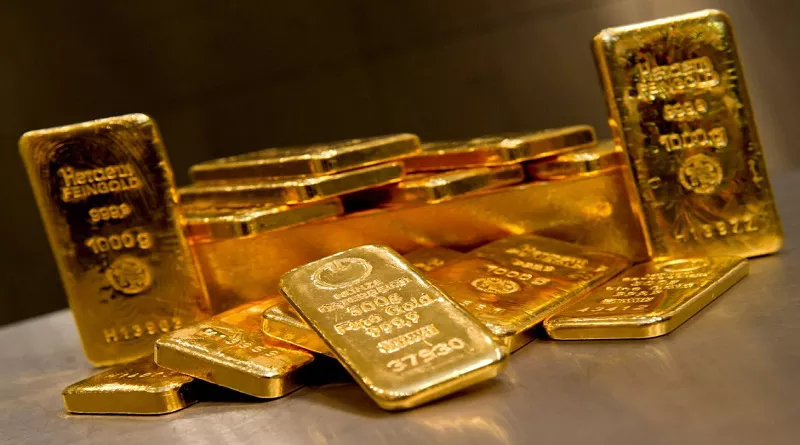The People’s Bank of China (PBoC) has not added any gold to its reserves in September, marking the fifth consecutive month of inactivity, according to official data released on Monday. As of the end of September, China’s gold holdings remained at 72.8 million troy ounces, equivalent to 2,063.84 metric tonnes. However, the value of these reserves increased to $191.47 billion, up from $182.98 billion at the end of August, due to the appreciation of gold prices.
The PBoC previously purchased gold each month for 18 months straight until it ceased in May, causing significant ripples in the gold market as traders recognized that one of the primary drivers behind the metal’s rally was now halted.
Strategist Insights on PBoC’s Gold Strategy
Nitesh Shah, a commodity strategist at WisdomTree, suggested that while the central bank likely desires to expand its gold reserves, it may be waiting for “a more attractive entry point.” He noted that falling global interest rates and rising geopolitical tensions could delay this price dip. “Given our forecast of prices rising to over $3,000 per ounce in the coming year, the central bank may want to consider building positions earlier,” Shah added.
Colin Cieszynski, Chief Market Strategist at SIA Wealth Management, remarked that the PBoC’s decision to halt purchases indicates they are unwilling to keep paying high prices indefinitely. “They’ve got a limit of how much they’re willing to pay, and we’ve probably reached it,” he said, questioning whether this pause signifies a permanent shift or a temporary break.
Analysts Predict Future Demand Growth
Despite the PBoC’s current pause, analysts at Capital Economics believe that this is a temporary situation. They assert that China’s ongoing gold accumulation has significant room to grow, driven by increasing global tensions, economic uncertainty, and a concerted effort to reduce reliance on the U.S. dollar. “China appears to have been a key driver of the rally in gold prices earlier this year,” they noted.
Looking ahead, Capital Economics anticipates that China’s demand for gold will rise, particularly as the Chinese economy faces challenges over the next decade. This growing demand could exert upward pressure on gold prices and introduce more volatility in the gold markets.
While the PBoC may continue to refrain from purchases in the short term, analysts warn that the current pause might be influenced by higher gold prices, which are already impacting jewelry demand. They predict that fiscal stimulus may temporarily bolster the economy, leading to a stronger performance in local equities, which could diminish gold’s attractiveness compared to other investment alternatives.
However, the long-term outlook remains optimistic. “We expect China’s demand for gold to strengthen and put significant upward pressure on prices over the rest of the decade,” analysts concluded. They believe that fiscal stimulus will only delay, rather than avert, the anticipated property-led economic slowdown, further enhancing gold’s appeal as a safe store of value.
You Might Be Interested In
- Gold Prices Decline Following Strong US Nonfarm Payrolls Report
- Time for Switzerland to Reconsider Gold Reserves
- Gold Demand Surges Amid Unprecedented Price Rally


